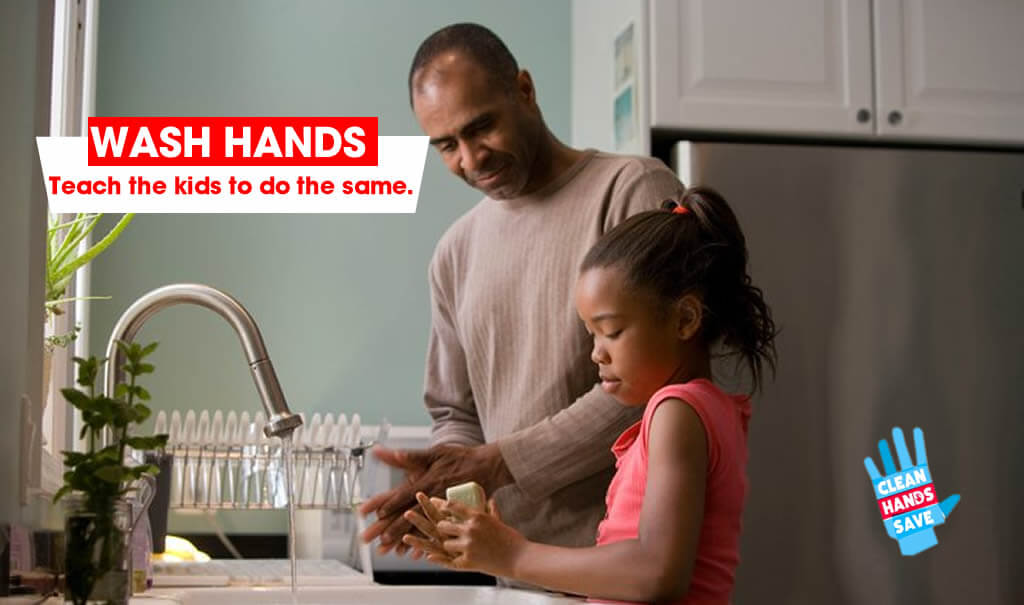- Have any questions?
- 0809 992 8864
- info@afrabchem.com
Exclusive Breastfeeding and it’s benefits

10 Facts on Malaria
April 26, 2017
Monkeypox: All You Need to Know | Symptoms and Preventive Measures.
October 9, 2017Exclusive breastfeeding means that the infant receives only breast milk. No other liquids or solids are given – not even water – with the exception of oral rehydration solution, or drops/syrups of vitamins, minerals or medicines.
Breastmilk gives your baby everything she needs to thrive.
Breastmilk gives your baby everything she needs to thrive.
Here are just a few of the ways that breastfeeding is best for your baby:
-
It may reduce your baby’s risk of sudden infant death syndrome (SIDS), also known as cot death.
It helps your baby to fight infection. Breastmilk contains antibodies that help to protect your baby against tummy bugs (gastroenteritis), colds, chest infections and ear infections. -
Breastfeeding plants good (probiotic) bacteria, which can fight inflammation, in your baby’s digestive system.
-
It helps you and your baby to feel close to one another and may help to prevent postnatal depression (PND).
-
It prepares your baby for different tastes. Unlike formula milk, the flavour of breastmilk can change according to what you’ve eaten, so your baby may be less of a fussy eater when she’s weaning.
-
It can be a great comfort to your baby when she’s older and she’s too ill to eat, but still able to breastfeed. Breastmilk can also help your baby to recover from illness more quickly.
Continuing to breastfeed your baby once she’s started solids at around six months may protect her against developing food allergies.
-
Exclusively breastfeeding for at least six months can protect babies against childhood leukaemia. It can protect her long-term health. Breastfed babies may be less likely to become obese or develop diabetes as adults. As well as the antibodies that are already in your breastmilk, your body will make new antibodies as soon as you are exposed to an infection.
-
When your baby catches a cold, you’ll pick up the cold virus from her. Your immune system gets to work, making antibodies to fight the virus. Your antibodies transfer to your milk, ready to help your baby fight the infection next time she has a breastfeed. Your baby is likely to recover more quickly from illnesses throughout her first year if you breastfeed exclusively for the first six months. This may motivate you if you’re thinking about stopping breastfeeding, or switching to mixed feeding.
-
Breastfeeding may also reduce the risk of your baby wheezing in early childhood and developing severe eczema. Breastmilk contains long-chain polyunsaturated fatty acids, which are essential for helping your baby’s brain to develop.
-
Breastfeeding is the healthiest choice for you, too. It may help you to lose weight and keep it off. It reduces your risk of type 2 diabetes, breast cancer and ovarian cancer in later life.
In the short term, breastfeeding can prevent ovulation, so you may be free of periods for a while, too.
Two practical benefits of breastfeeding are that “it’s free, and can make life easier.” You won’t have bottles and teats to wash, sterilise or prepare, and your milk is always at the right temperature. As soon as your baby needs a feed, it’s ready.
What’s more, you’ll feel a real sense of achievement to see her growing and developing thanks to the food your body has made for her.




